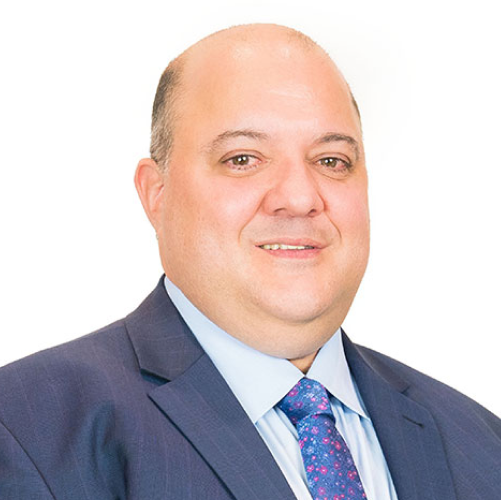If you are your own boss, working solo as a business owner or as a freelancer, it’s important that you have an understanding of how to claim business and operating expenses, given the implications if you claim something you shouldn’t claim. You should consult a qualified tax accountant to help you navigate this area of tax.
https://stonessharp.com.au/services/In the meantime, let’s take a closer look at the tips you can use to help with submitting your tax:
1. Claim Business expenses
You can claim expenses such as travel, internet use, electricity, telephone costs, repair costs, salaries, wages, allowances, bonuses, overtime payments as well as advertising expenses.
Claim Operating expenses
Your revenue expenses or operational expenses generate income and can be claimed in the financial year in which it is incurred. Most of these are similar to your business expenses, but focus more on the expenses incurred to operate your company.
Pay Expenses Early
We advise if you have a healthy cash-flow to pay your business loans, office equipment leases, insurances, telephone and IT services, as well as any business travel and conferences, well in advance to reduce this year’s tax.
Claim Capital expenses
If you have purchased an asset that cost less than $6,500, you can claim it back at 100% in the year you purchased it. However, larger capital assets such as vehicles and equipment must be claimed over a longer period. Claimable capital expenses include include computers, printers, copiers, office furniture and vehicles, just to name a few.
Stocktake
Stocktake in any regard is a nightmare for any business owner – however, we strongly recommend you do it. You may have damaged or obsolete stock which can be written off entirely, which will reduce your stock and lessen your business profits when tax season comes around.
Superannuation Payments
You should also consider that any superannuation you need to pay for your employees should be done so before June 25, so it can hit their accounts in time for the payment to be tax deductible in the current financial year.
For more information from professional tax accountants to help manage your business expenses and taxation requirement, don’t hesitate to contact us and we will get you on the right path.

FCPA & CA
Shane is a Fellow of the Australian Society of Certified Practicing Accountants and a Chartered Accountant.
Shane’s passion is to consider the clients, the client’s business and taxation affairs with a holistic approach whilst providing business mentoring, business strategies, systems development, taxation advice and taxation planning in order to assist his clients and their business achieve their goals.













